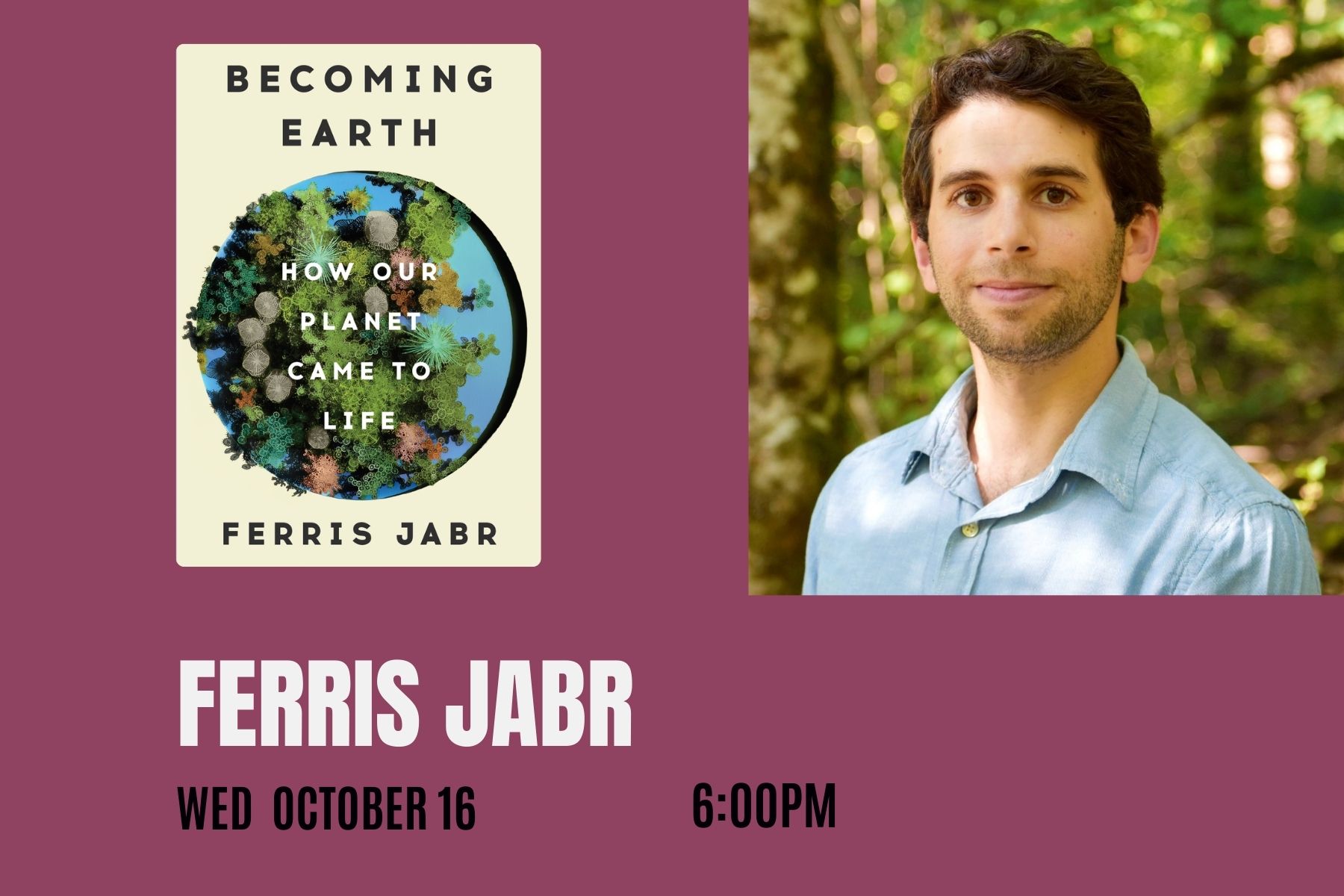- Neighborhoods
-
Community
-
- Overview History Vision Newsroom News Releases Pilot Newsletter Media Contact Projects Volunteer
- Engage Milwaukie Events City Calendar Recreation Biking in Milwaukie Parks and Trails Directory North Clackamas Parks and Recreation Reserve a Room Library
- Schools North Clackamas School District MHS Student of the Month Public Safety Police Clackamas Fire District #1 Code Compliance Emergency Preparedness Emergency Notifications Garbage & Recycling
-
- Business
- Departments
-
Useful Links
-
- Jobs Alerts & Notifications Email Subscriptions Emergency Notifications Meetings City Services A-Z Mapping & GIS
- Contact the City Staff Directory Request a Public Record Report a Code Violation Report a Pothole Report Misconduct Schedule an Inspection Documents & Forms Documents and Reports Forms, Permits, and Applications
- Helpful Links Digital Archives Library Catalog Municipal Code Purchase a Parking Permit Paperless Billing Pay a Ticket or Utility Bill Urban Forest
-
Fall Author Series - Ferris Jabr
Date
Wednesday, October 16, 2024 - 6:00pm
Add to your calendar:
Room
Ledding Library - Community Room
“Popular science writing at its very best.” (Kirkus Reviews)
In Becoming Earth: How Our Planet Came to Life, Ferris Jabr shows us how Earth became the world we’ve known, how it is rapidly becoming a very different world, and how we will determine what kind of Earth our descendants inherit for millennia to come.
Historically, Western science has segregated geology from biology and ridiculed the idea that our planet is alive. Now, something is shifting. Science now recognizes that Earth and life continually coevolve, each changing the other, and experts from diverse fields are increasingly open to the idea that, together, life and the planet form a single, highly interconnected, living system. Life does not simply reside on Earth: it is a literal extension of the planet—an outgrowth of its structure and an engine of its evolution.
Over the past several billion years, microbes, plants, fungi, and animals have radically altered the continents, ocean, and atmosphere, transforming what was once a lump of orbiting rock into our cosmic oasis. The immediate fate of this miraculous living world is now in our hands.
Ferris Jabr is a contributing writer for The New York Times Magazine. He has also written for The New Yorker, The Atlantic, Harper’s, National Geographic, and Scientific American, among other publications. He is also the recipient of a Whiting Foundation Creative Nonfiction Grant, as well as fellowships from MIT and UC Berkeley. He lives in Portland, Oregon with his partner, Ryan, their dog, Jack, and more plants than they can count.
This event is co-sponsored by the Milwaukie Environmental Stewards Group, Mama & Hapa's Zero Waste Shop, City of Milwaukie's Climate and Natural Resources Division, and Spoke & Word Books.
Special thanks to the Friends of the Ledding Library for providing the funding that makes this program possible.


